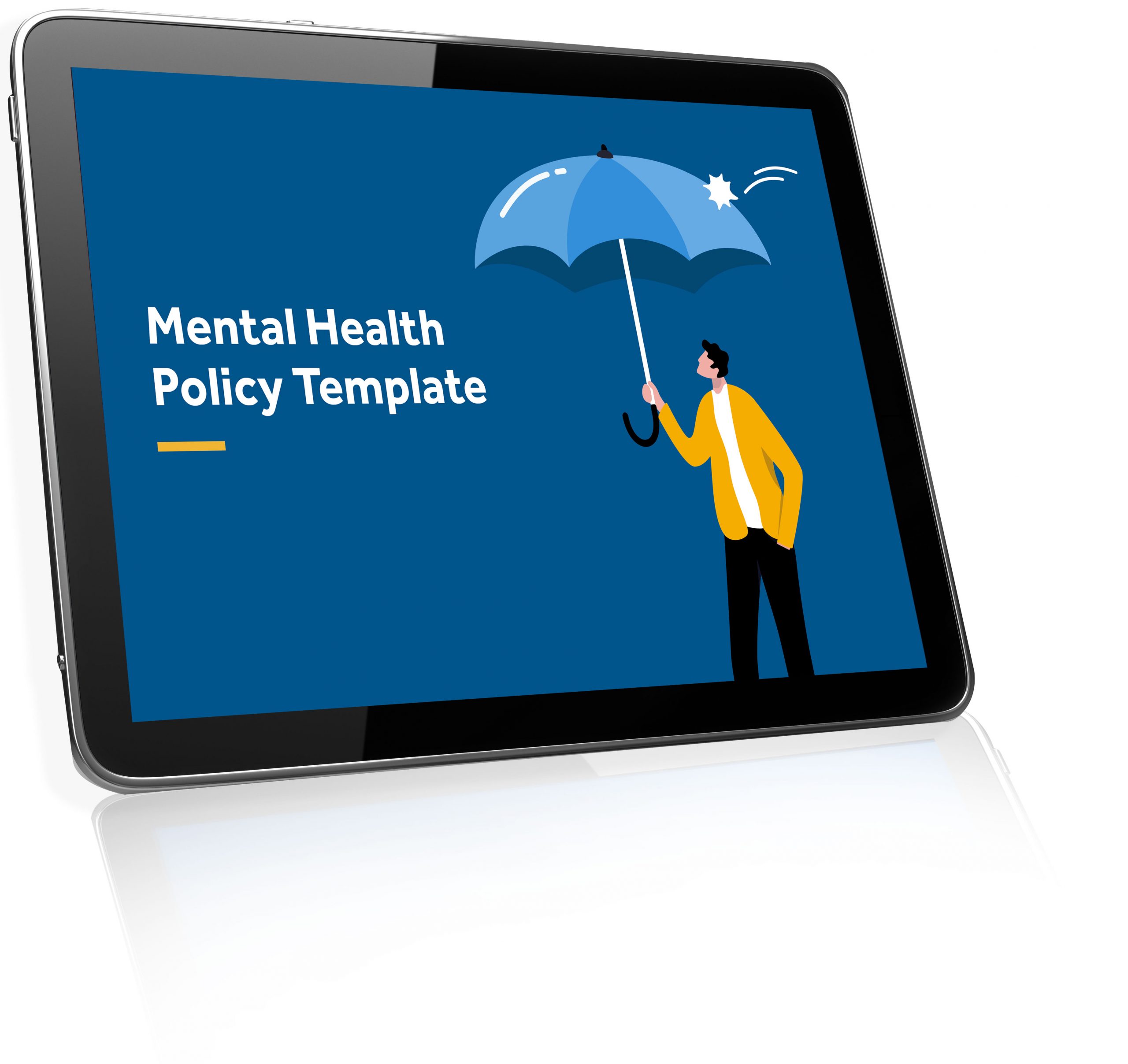
Remote work came as a blessing for several workers, especially caregivers. It meant spending quality time with children, with families, and saving time and costs on the long commute to work. But new research has highlighted the potential disadvantages of remote working or permanently working from home. Previous research by the International Labour Office estimates that prior to COVID-19 pandemic there were 260 million based home-workers around the world. Within this group are home based workers, basically men and women who work at home for pay, according to the classification of an employee or an intermediary.
A survey conducted by American Psychiatric Association has found out that majority of employees working from home say they have experienced negative impacts such as isolation, loneliness, and difficulty in separating work and personal life. However, it can be hard to understand the origin of these negative effects and how to particularly fix them. Employees are increasingly demanding remote working opportunities or seeking jobs that allow them to work from home. Many employees claim that it allows for better work life balance and greater autonomy. Like every method, it has its benefits and disadvantages. Working from home or working remotely for increased time periods can damage your wellbeing.
Working from home and mental health
According to the International Labour Office, most remote workers are women. Working from home (WFH) has been negatively associated with risk for women. It is essential that we note gender differences when considering remote workers. During the COVID-19 pandemic, women were forced to juggle work and childcare which amplified mental health issues such as stress and anxiety. Women also spend a disproportionate amount of their time carrying out three quarters of the world’s unpaid work such as household chores. Globally women undertake three times more care and domestic work than men. Unpaid domestic and care work is also associated with greater mental health burden and negative effects on quality of life. The double burden of paid and unpaid work has subsequent effects with household stress seeming to affect women more than men.
Studies have found that women’s paid work had shrunk, and their work productivity (when looking at interrupted hours) had steeply declined when working from home. This means that mothers were being interrupted more during their paid work than fathers.
81% of under-35s feared loneliness from long-term home working, and studies have shown heightened levels of stress and anxiety among younger workers since shifting to remote work.
More than two-thirds of remote employees reported they have trouble getting away from work at the end of the day. They have trouble finding that elusive work life balance. Remote work is associated with ambiguity around role and feedback which could potentially increase emotional exhaustion. While WFH or remote work has been around for a long time, recently we have begun to see a sizeable shift and change in attitudes. This has also led to a discovery that working remotely may have long-term implications for mental wellbeing.
Other common risks include:
Feeling isolated
Feeling disconnected- socially and professionally
Unable to stay motivated
Unable to prioritise workload
Uncertain working hours
Unsure about performance and career growth
Inability to take mind off work
Anxiety
Stress
Depression
How can you improve wellbeing while working remotely?
Your mental wellbeing is impacted by a combination of factors. There are factors you can control and factors that outside your control. The things you can directly control are things you should focus on while trying to improve your wellbeing.
A separate workstation
It can be extremely easy and convenient to just work from your bed or the couch. Due to a lack of space or home arrangements, employees resort to working at the dining table or coffee table. Your workstation can have a negative impact on your work performance and productivity. A poor setup can make it difficult to separate work and personal life, leading you to check emails after work hours. Small screens can also result in poor posture, eyesight, and cause headaches. According to a report, only 33% of employees who work remotely have a dedicated room for working from home, and half of those employees have to share that space with another person all day. A separate workstation can help you set boundaries and reduce stress by allowing you to have the quiet time you need to work.
Effective management
Only one in five employees feel their employers are actively supporting their mental health. October is National Health Month, and it is disappointing to note that employers are not taking mental health seriously. Employees want to stay connected with their feelings and they need the support from their employers to do so. They are also nervous about taking time off for mental health reasons as they believe their employers might not understand. Business owners should create an atmosphere of trust and honesty within your company. For remote employees, this becomes exceptionally important as they need reassurances and support regularly compared to office-based employees. Employees should feel they can talk to their managers or their co-workers about their mental health anytime. Allowing this dialogue will lead to increased satisfaction among employees and result in higher productivity.
Physical health
When you work from home, your physical health and wellbeing determines your mental health. Your home environment contributes to the physical aspects of your wellbeing. Working in a poorly designed setup can affect your physical and mental health and stress you out. Stopping your workflow or sitting in chairs not meant for long-term sitting or working can increase the risk of physical injuries. It can also exacerbate existing problems that employees didn’t know they had such as depression or anxiety. Remote working can also lead to extended hours as employees have trouble switching off.
Many employers offer reimbursement for home office equipment which can have positive impacts on the physical health of employees.
Roommates or co-workers
While working from home, your mental health is also dependent on who you’re living with or who your ‘co-workers’ are. Whether it is a roommate, spouse, parent, dependent, child, or a pet, you will spend a considerable amount of time with them. Employees end up being interrupted or having to change their schedule to fit the needs of their families while working from home. Those who have to readjust their schedules or work hours around their families were more likely to report mental health conflicts.
A dedicated workspace can support your home environment and reduce the stress employees feel while juggling work and home at the same time.

Benefits of remote working
Remote work has been a gamechanger for many workers and they have no plans of going back to being office-based fulltime. Parents have more time to spend with kids and not feel guilty of missing out on important moments in home life. A range of positive benefits are associated with remote working such as reduction in travel time, reduced fatigue and reduction in costs associated with travel, food, fuel etc. It can also empower caregivers or senior employees to return to the workforce. People with disabilities who may otherwise not have enough opportunities for paid work find remote working a boon. It can reduce expenses for business owners by allowing them to reduce office space and extras.
Finding the balance
The evidence around permanent work from home or remote work indicates that people’s preferences and their subjective well-being are a key factor in whether remote work affects their mental health. It is also worth noting whether the benefits of remote working override the downsides like mental health issues such as anxiety and isolation. Different demographics will experience remote work differently. Young mothers, caregivers, disabled people will benefit from working from home. Younger workers, people who live alone, or are new to a city may benefit from being office-based. Working from home also depends on the job characteristics in question.
Finding the balance can be tricky but it’s vital to remember that people’s feelings about remote work are complex and layered. They might also change over time. Many workers in the early stages of their career may benefit from the social and emotional contact of the office. While when the same worker is ready to start a family, they may need a flexible work schedule and remote working arrangements. There is no one-size fits all solution and employers should remember to not fall in the trap of being rigid.
Challenges of hybrid work
In June 2022, Yelp CEO Jeremy Stoppelman announced that Yelp would do away with the hybrid set-up altogether and go fully remote. He’s not the only one who thinks hybrid work is on its way out. Airbnb, Spotify and Lyft have offered permanent home-working set-ups to employees. This is a huge risk to take on the future of remote work, but experts suggest that companies are being pushed into this as hybrid work is complex to manage. One of the important contributors to this choice is the rapidly shrinking talent pool. Businesses are afraid that staff may leave for remote-first or flexible jobs and want to ensure they don’t lose out on talent.
Trying to ensure Zoom calls during meetings and logistical complications that arise with different people having different work from home days are also making businesses wonder if it’s worth the stress at all. While going fully remote works for industries that do not need extensive collaboration, it may not have the same benefits for industries that need connection and collaboration. Customer facing industries such as hospitality or retail can’t have a fully remote workplace.
Full-remote set-ups can have negative impacts on new employees. There are potential challenges with onboarding and relationship management.
The slow return to work
Bringing workers back to the office has been a struggle for employers and businesses. As costs rise throughout the world, staff are feeling squeezed from all directions. In Australia, inflation is around 6.8%, and prices are rising shockingly fast. Consequently, return-to-work related costs have shot up- for example, fuel, food, and travel. But salaries have not kept up with inflation, despite the salary growth enjoyed by workers.
People who have been working remotely for the past two years are having to pay for regular transport, office lunches, fuel, childcare, and other related costs. These expenditures combined with rising utility bills and groceries are causing workers to feel burdened and financially exhausted. The workplace is also changing with hot-desking or additional processes like desk booking. It’s making workers feel displaced and confused as they don’t feel at home at their desks. Workers also have to re-adjust with collaborating in person, new team members, new protocols, and new social settings. The lack of clarity around workplace regulations regarding COVID-19 is making staff feel anxious.
What can employers do?
Within this debate, there is one thing that is clear. Businesses need to adapt. It is very hard to predict what works and what doesn’t unless you are prepared for any eventuality. There is a significant lack of data around the benefits of any approach for the long-term. Companies are rolling the dice and taking the risk on what they believe suits their needs currently.
Having policies and processes in place to implement remote working can help improve mental wellbeing of employees. By ensuring that employees get a balance of remote work and being in office, business owners can support mental wellbeing and health of their staff. Where possible, employers should have official policies regarding working from home or remote working. It will also allow them to manage staff performance and set boundaries around work life balance.
Employsure has worked with thousands of business owners across Australia in implementing policies and procedures. We have created resources for small business owners to understand remote work arrangements. Call our 24/7 Advice line today to get all your questions answered.
